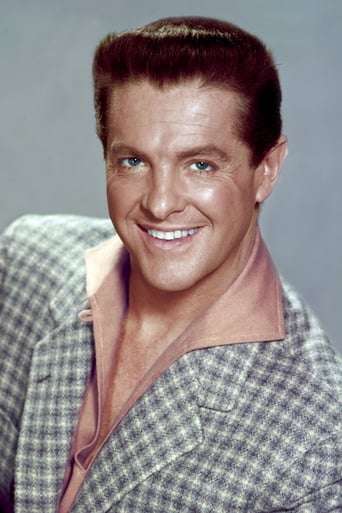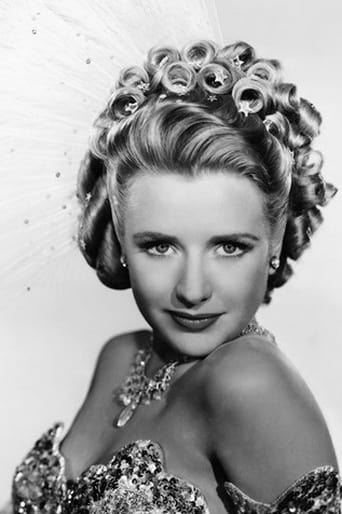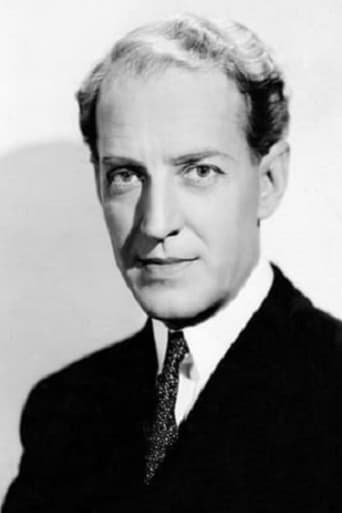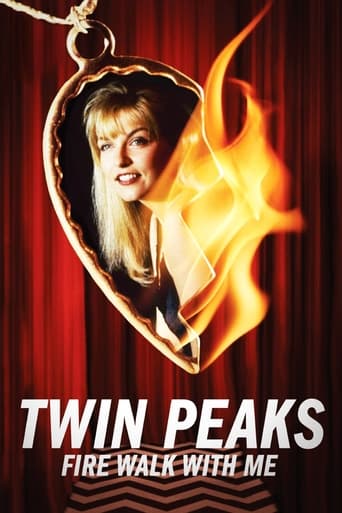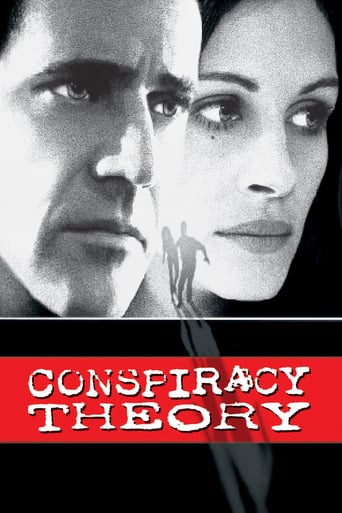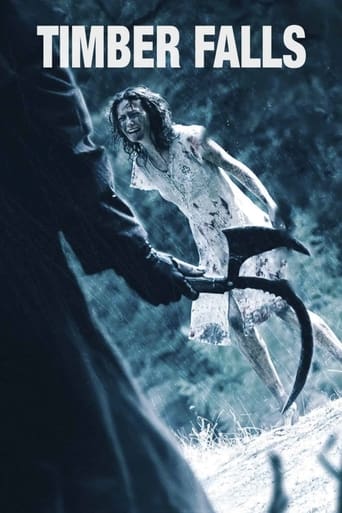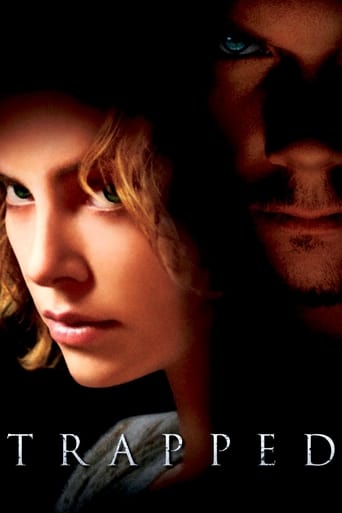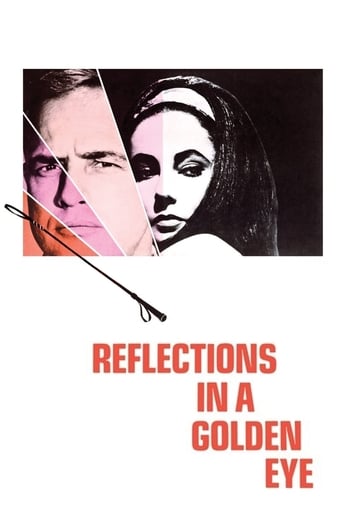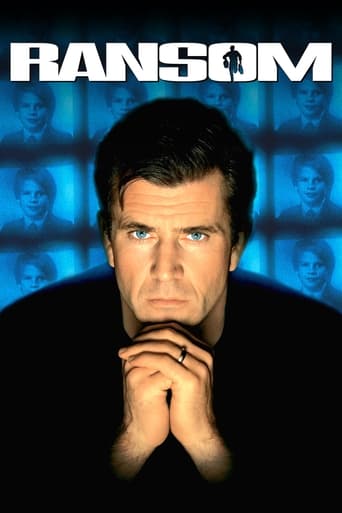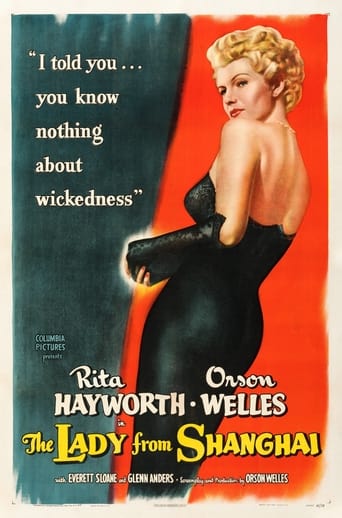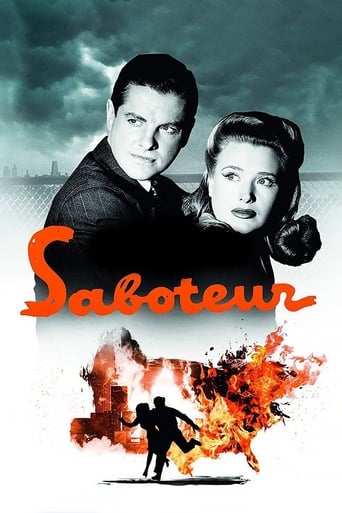
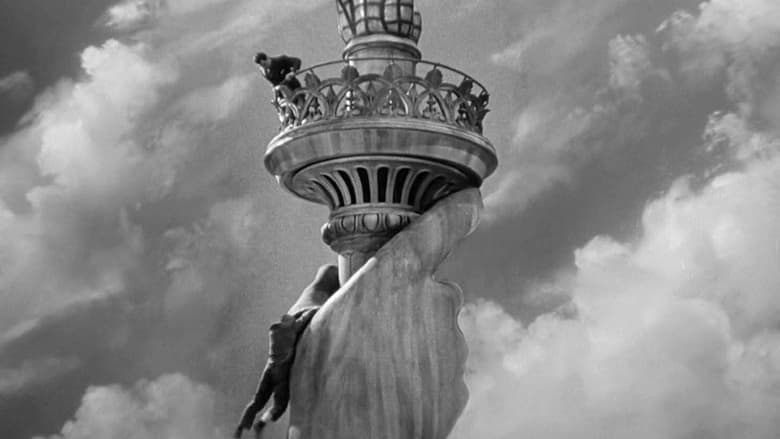
Saboteur (1942)
Aircraft factory worker Barry Kane flees across the United States after he is wrongly accused of starting the fire that killed his best friend.
Watch Trailer
Cast
Similar titles
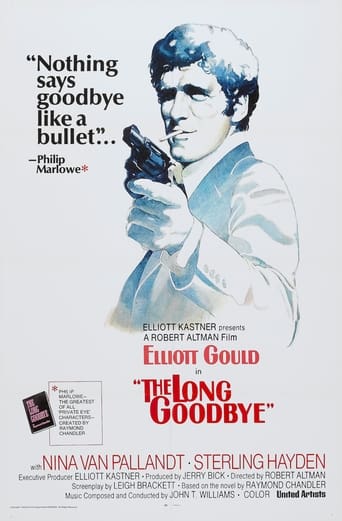
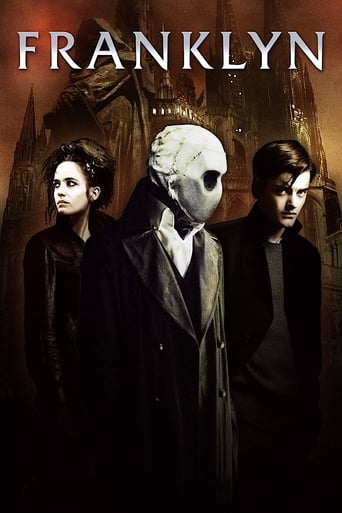
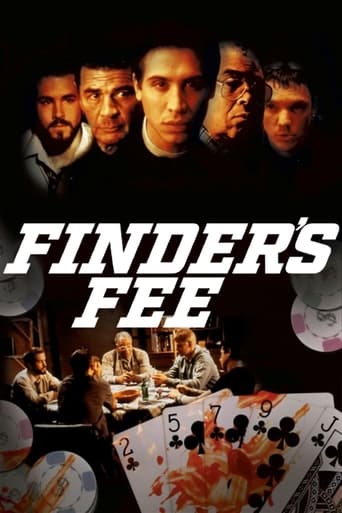
Reviews
Very very predictable, including the post credit scene !!!
Simply A Masterpiece
Highly Overrated But Still Good
Very good movie overall, highly recommended. Most of the negative reviews don't have any merit and are all pollitically based. Give this movie a chance at least, and it might give you a different perspective.
When reviewing a film like "Saboteur", there are a lot of "perhaps"-es that come to my mind. Perhaps the movie was better for its time? Perhaps it needs to be seen as a propaganda piece and nothing more? Perhaps it represents a different age of cinema? Even considering those factors, however, I cannot endorse this as an engaging Hitchcock flick because it just doesn't bring anything unique to the table of film-making.For a basic plot summary, "Saboteur" focuses on Barry Cane (Robert Cummings), a man on the run from the law after being wrongfully accused of setting fire to an airplane factory. While pursuing the true baddie Tobin (Otto Kruger), Barry finds a tag-along love interest in Pat (Priscilla Lane).This movie has all the elements of a traditional Hitchcock movie: the MacGuffin plot device, the "wrong man" scenario, the espionage plot, and the strong, independent female lead. Some of the camera-work is vintage Hitch, while the locales are distinctly "American" in nature in keeping with the wartime nature of the film.Sadly, though, the overall plot is about as stale as they come. It is a scenario that is almost "too easy" for the genre and provides no true suspense or meaningful character development. I suspect that a film like "Saboteur" was made with a strong eye towards propaganda instead of overall quality.Thus, I can't recommend "Saboteur" to anyone but die-hard Hitch fans or those who can sit through generic war/spy tales. You really just won't be getting anything new here.
Indeed, after having ventured in the atmosphere of early Hitchcock's movies and an anachronistic oddity titled "Under Capricorn", "Saboteur" provided me the same satisfaction an explorer who trotted over the globe for months would feel when crossing the threshold of his home. I missed the good old Hitchcock format to the point of homesickness and when the spinning Earth of Universal Pictures introduced that opening credits with a weird linear background and the ominous shadow of the titular "Saboteur", I knew I was swimming in familiar water, I enjoyed every moment of the 1942 thriller, and forgave every flaw.Yes, there were flaws, the plots was written by three persons and I suspect they never met to get all their ducks in a row, but the action is so fast-paced and Hitchcock's directing so insolently confident that you savor every bit of this Swiss-cheese-like plot. They say Hitchcock was a Master of Suspense, I think he was hiding a subtler talent under his sleeve: he knew how to make you not notice the flaws. The action sequences, , the uses of ellipses and smash cuts, everything were so efficient that noticing a few weaknesses in the script would make you look nit-picky (not that all his films could got away with it)."Saboteur" opens with a sabotage of spectacular effect, a hatched-face guy named Fry bumped into two aircraft workers, one of them is Barry, played by Robert Cummings (and not Dana Andrews). Barry has enough time to check the name on a postcard. A few minutes later, a fire starts and Fry gives him an extinguisher, Barry's friend wants to take part to the action, ignoring that the extinguisher is filled with gasoline. Hitchcock gratifies with the death of a man literally eaten up by flames and falling like a burnt match. Now, this is an opening. What follows is pure Hitch stuff, Barry is the suspect number one because he handed the fatal extinguisher and naturally, there's no worker named Fry.Mistaken identities is one of Hitchcock's darling and it's handled quite efficiently in "Saboteur" as Barry's identity is often the cause of misleading tricks with both the right and wrong side of the law, and can even be looked at the whole theme of the movie, which is about the fifth columnist threatening the United States' interests during the War. Indeed, "Saboteur" can't be taken outside of its context, the decisive incident happens in the temple of the war effort after all. But the mistaken identity emphasizes the interesting contrast between the good guys and the villains, obviously. Those who trust Barry are all average Joes, down-on-their-luck, from the people, while the bad guys are very unlikely figures, a gentle grandfather played by Otto Kruger and a socialite played by Alma Kruger (no relation).One would think the film has a point to make about American values, and he would be right. During his road trip, Barry meets many archetypes of American society and these are opportunities for some grandiloquent speeches about democracy. Some are pretty well-written and I must say I have drank like little milk the lines delivered by Vaughan Masser, the blind host. Some others, as well-intended as they were, were too preachy. When Barry and Pat (Prscilla Lane) ask the circus troop workers for help, the Skeleton Man proposes a vote, when the midget protests, he's called 'fascist', which was a pretty bold answer. But then again, if the man was so eager to save them, why didn't he just help them? Is it better to make a bad decision democratically than a noble one tyrannically? kind of makes you think.I understand the context forced Hitchcock to inject some inspirational moments in his film, like he did in "Loveboat", but this aspect was almost contradicted by the way the real folks behaved, the agents of FBI, the navy yard guards, all so conveniently incompetent, enough not to spot the bad guys or to arrest the wrong one so much for democracy. One would rather accept Barry's punchy methods, after all, it's not like he trusted the justice of his country and handed himself to the Law. You're never really sure what Hitch's point is, and maybe this is the film's slight edge over "Lifeboat". The Master gives the villain many shining moments, they sing to Tchaikov' music in a car, the suave villain a speech of his own and talk about "mass morons", and even say bout totalitarian regimes that "they get things done", and ironically, this is what the hero does, getting things done with the villains' methods.Despite these contradictions, the film lets itself being enjoyed, one scene after another, Hitchcock showcases his capability to provide memorable moments, a shootout in a Radio City theater with real shotguns heard in the movies, where the suspense lies on the moment the audience will realize what's going on, a paper with a message for help flying over the sky and last but not least, the Statue of Liberty's climax. What a fitting demise for the villain who sinned by fire to die at the altar of the Liberty torch. Yet even Hitchcock acknowledged a flaw: everyone wanted the villain to die. He wouldn't commit the same mistake in "North by Northwest", but what a satisfying ending.As Fry, Norman Lloyd, without being the most memorable Hitchcok villain is the one whose face leaves the most vivid impact, and this is saying a lot in a film where they're a group of intimidating people. So we have memorable villains, a dark and handsome hero, mistaken for a killer, running afoul of the Law to prove his innocence and meeting in the process a beautiful blonde, car chases, last-minute escapes, bomb explosions, breath suspended as often as disbelief, and a climactic sequence taking place in the most unexpected and spectacular setting. I needed my fix of Hitchcock, and I got it with "Saboteur".
Once the viewer gets past the feeling of familiarity--'say, haven't I seen this movie before?'--it's not a bad movie. Certainly not one of the greats. "39 Steps" is great because it was Hitchcock's early treatment of a man wrongfully accused on the run inadvertently chained to someone he can barely tolerate. And the chemistry in "39 Steps" between the actors combined with an excellent script made for film excellence. But while "39 Steps" had a believable cast, Robert Cummings simply cannot be seen in emotional distress. (Never mind, in real life, Cummings would succumb to meth addiction from Dr. Feelgood thus affecting both his physical health and his mental health. But that was way distant in his future.) Robert Cummings ends up being the weakest link in a weak movie. His blithe good looks served him well in "Dial M for Murder", not so much here where he is expected to demonstrate a range of emotional distress.Simply put, Hitchcock went to the well too many times here. And part of the problem is by now the movie viewer has seen most of Hitchcock's movies, not necessarily in the sequence he made them; as he made the film they fall within an historical time-line that is not available to the viewer who sees them as a measure of their popularity. So there is a sense that this movie has been seen and the realization that the treatment of the topic is not as good as in that other film: "Vertigo", "North by Northwest", "39 Steps", etc.But as suspense drama, the movie does hold up fairly well. The closing scene at the Statue of Liberty holds the viewer. Priscilla Lane holds on to Otto Kruger so he doesn't escape; and the suspense is taut to its conclusion.It just doesn't seem to measure up to other films Hitchcock made surrounding similar themes with different actors.
Barry Kane (Robert Cummings) is a worker at an aircraft plant in California. A fire is set killing his friend Mason. Frank Fry had given him a fire extinguisher which he handed to Mason. Only the extinguisher is filled with gasoline. They find no such worker named Fry and the cops come after Kane. Kane goes on the run and remembers the address on one of Fry's letters he picked up which leads to Charles Tobin (Otto Kruger)'s ranch. He escapes and kidnaps unbelieving Pat Martin (Priscilla Lane) on a wild adventure to stop Tobin and his cohorts.It's a lot twists and turns from Hitchcock in America. There are also way too many people who choose to believe him despite being a fugitive from the police. Cummings is not nearly charismatic enough to lead the movie or convince all those people of anything. The adventure needs a lot more action in the middle. It's not Hitchcock's best effort but the final Statue of Liberty is pretty good. It does remind me of the superior 'North by Northwest'.
